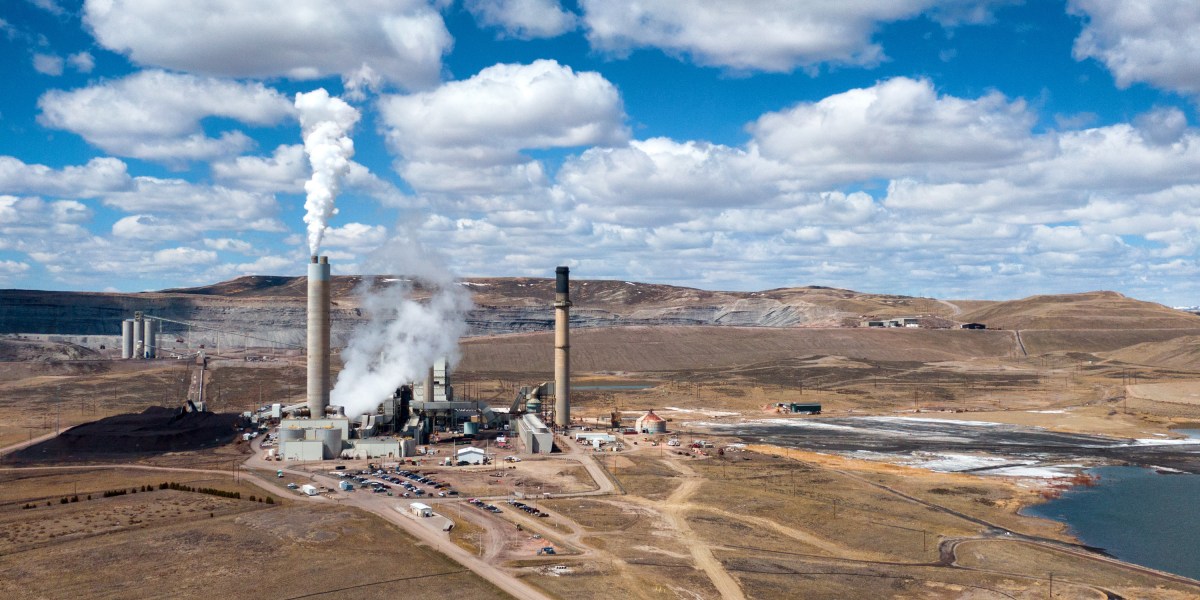The SEC’s new climate rules were a missed opportunity to accelerate corporate action

Investor efforts to evaluate carbon emissions, decarbonization plans, and climate risks through ESG (environmental, social, and governance) rating schemes have merely produced what some academics call “aggregate confusion.” And corporations have faced few penalties for failing to clearly disclose emissions or even meet their own standards.
All of which is to say that a new set of SEC carbon accounting and reporting rules that largely replicate the problems with voluntary corporate action, by failing to require consistent and actionable disclosures, isn’t going to drive the changes we need, at the speed we need.
Companies, investors, and the public require rules that drive changes inside companies and that can be properly assessed from outside them.
This system needs to track the main sources of corporate emissions and incentivize companies to make real investments in efforts to achieve deep emissions cuts, both within the company and across its supply chain.
The good news is that even though the rules in place are limited and flawed, regulators, regions, and companies themselves can build upon them to move toward more meaningful climate action.
The smartest firms and investors are already going beyond the SEC regulations. They’re developing better systems to track the drivers and costs of carbon emissions, and taking concrete steps to address them: reducing fuel use, building energy-efficient infrastructure, and adopting lower-carbon materials, products, and processes.
It is now just good business to look for carbon reductions that actually save money.
The SEC has taken an important, albeit flawed, first step in nudging our financial laws to recognize climate impacts and risks. But regulators and corporations need to pick up the pace from here, ensuring that they’re providing a clear picture of how quickly or slowly companies are moving as they take the steps and make the investments needed to thrive in a transitioning economy—and on an increasingly risky planet.
Dara O’Rourke is an associate professor and co-director of the master of climate solutions program at the University of California, Berkeley.




